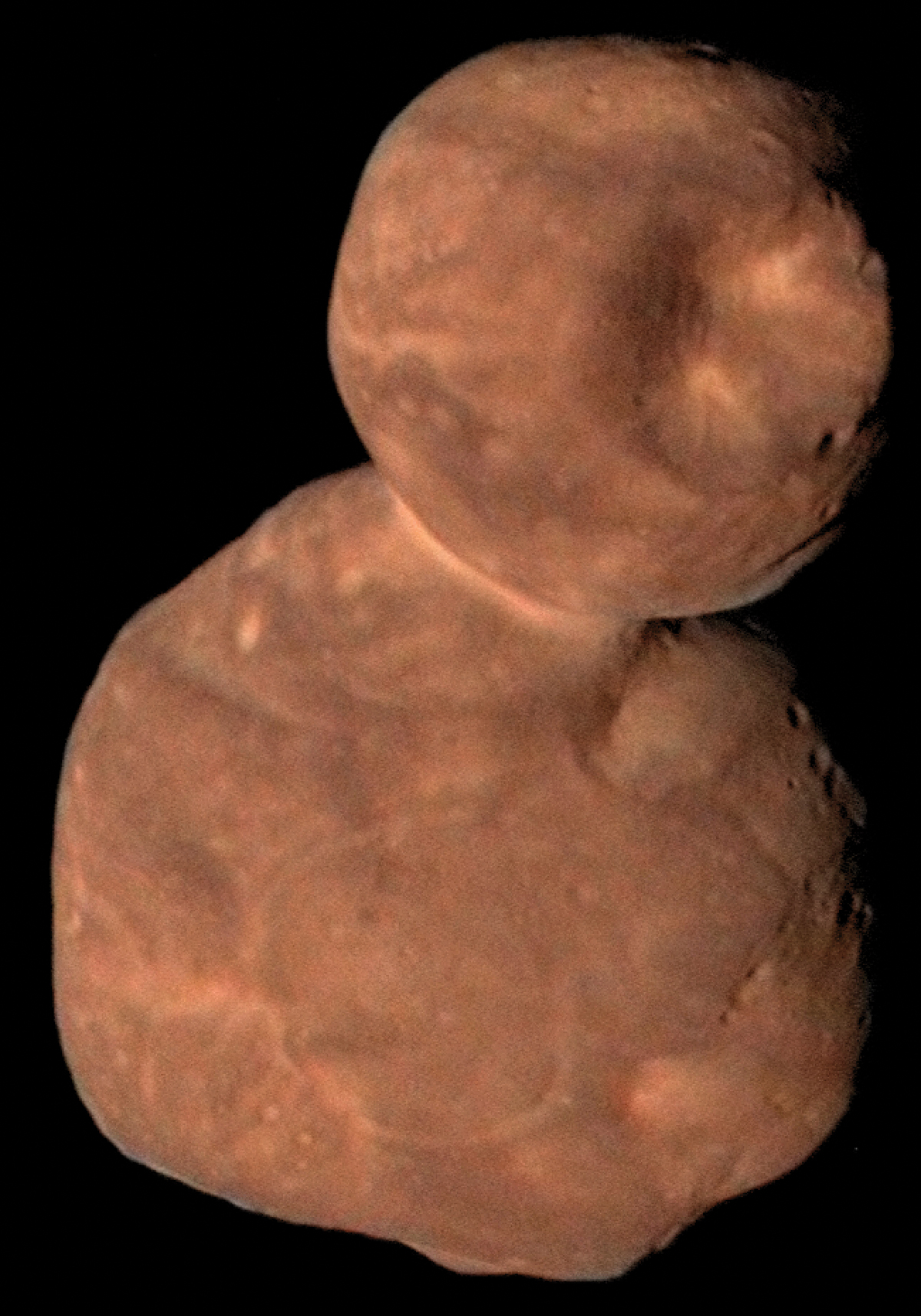Advertisement
Grab your lab coat. Let's get started
Welcome!
Welcome!
Create an account below to get 6 C&EN articles per month, receive newsletters and more - all free.
It seems this is your first time logging in online. Please enter the following information to continue.
As an ACS member you automatically get access to this site. All we need is few more details to create your reading experience.
Not you? Sign in with a different account.
Not you? Sign in with a different account.
ERROR 1
ERROR 1
ERROR 2
ERROR 2
ERROR 2
ERROR 2
ERROR 2
Password and Confirm password must match.
If you have an ACS member number, please enter it here so we can link this account to your membership. (optional)
ERROR 2
ACS values your privacy. By submitting your information, you are gaining access to C&EN and subscribing to our weekly newsletter. We use the information you provide to make your reading experience better, and we will never sell your data to third party members.
Physical Chemistry
Let’s Start At The Very Beginning
November 2, 2015
| A version of this story appeared in
Volume 93, Issue 43
I appreciate professor Michelle Francl’s work on both computational chemistry and debunking pseudoscience, yet I’m amused by the paradox of an “ab initio” calculations specialist leading the fight against nonsense on the Web (C&EN, Aug. 10/17, page 13).
Ab initio is Latin for “from the beginning.” I suppose nobody expects this to mean starting with “I think, therefore I am” and calculating how a protein folds. But even the simplest modeling, such as of helium near absolute zero, rests on a vast body of empirically derived knowledge and tools. Modeling complexes typical on Earth’s surface, such as a cup of coffee, would require computational chemistry closely calibrated to observations. For example, see the C&EN story “Computational Models of Multistep Reaction Are Called So Flawed They Are ‘Not Even Wrong’ ” (March 9, page 9).
While extremely useful, most computer modeling done in chemistry—including the modeling that holds itself out as “ab initio”—would be described by a humble chemist as complex interpolations of (and modest extrapolations from) experimental data.
Humility and honesty are good starting places for gaining credibility, whether with the public or with typical undergrads. Archaic and aggrandizing jargon puts people off. The “simple model for gases” would be a more honest name for the ideal gas law, and the term “ab initio” should be scrapped altogether by chemists.
James D. Hadley
Newton, Mass.




Join the conversation
Contact the reporter
Submit a Letter to the Editor for publication
Engage with us on Twitter